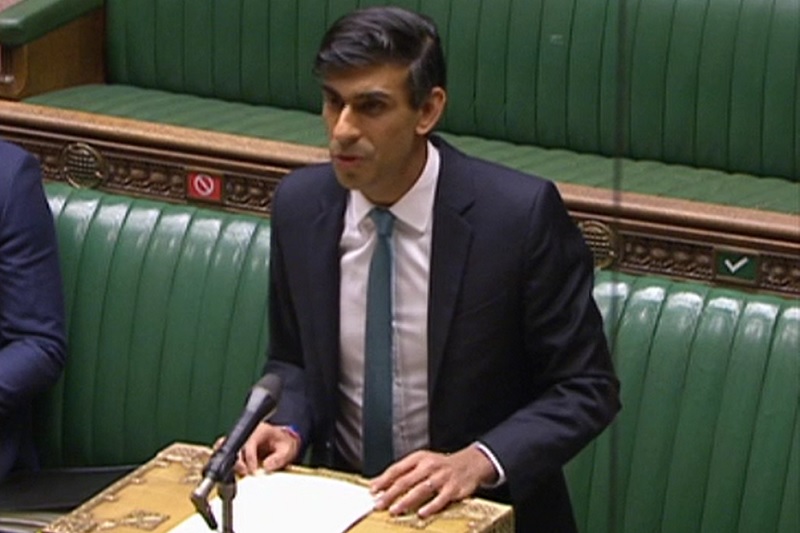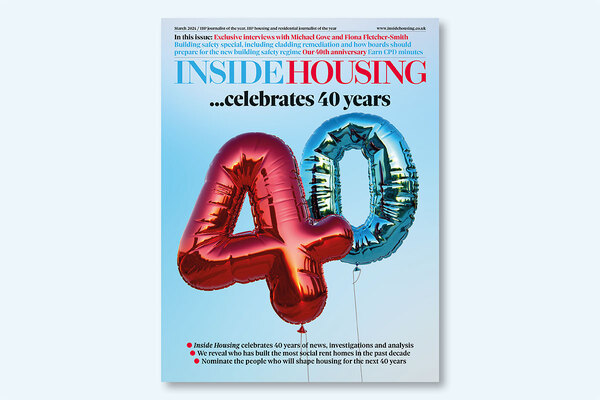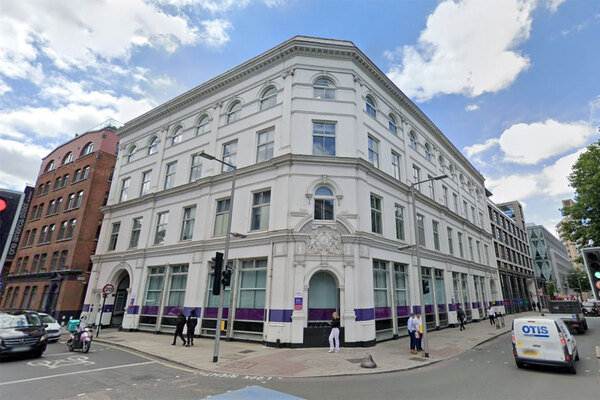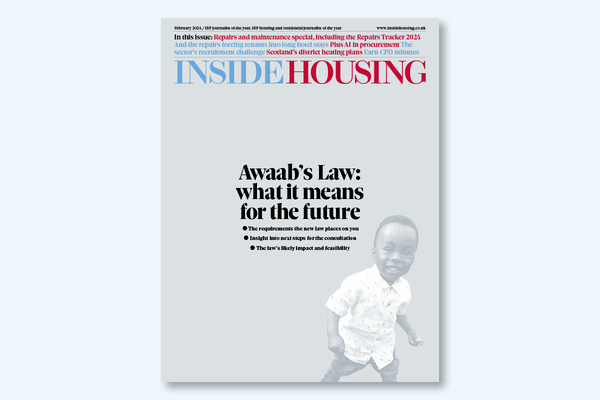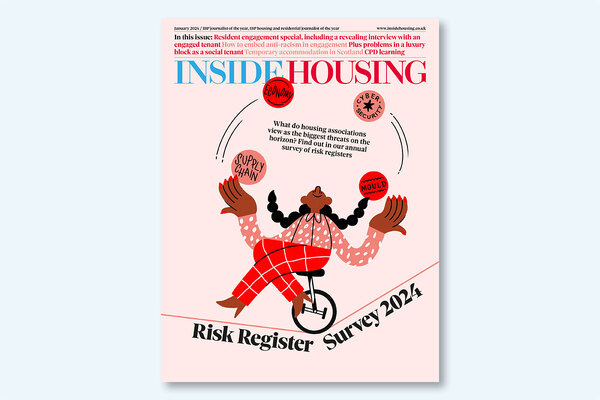You are viewing 1 of your 1 free articles

Jules Birch is an award-winning blogger who writes exclusive articles for Inside Housing
The pandemic has drawn wider attention to the miserable inadequacy of our benefits system
Those involved in social housing will need no reminding of the vicious combination of various caps and cuts on people’s ability to afford their living costs, but the pandemic is forcing it into the spotlight, writes Jules Birch
One of the by-products of COVID-19 is that it has revealed the miserable inadequacy of our benefits system to the more general gaze.
Landlords and tenants need no reminding of that, or course, after years of cuts, caps and freezes but for most politicians, most of the media and most of the general public they have been things that happen to someone else.
The pandemic changes that.
Maybe they are just waking up to a system of sick pay that means low-paid workers who have tested positive cannot afford to self-isolate and the flawed one-off payment that is not working.
Most of them will still not know that the £20-a-week temporary increase in Universal Credit only partially makes up for cuts imposed by the Treasury when it was first introduced.
Thanks to a 23-year-old footballer extending his campaign beyond free school meals, they know it now and they know it’s just part of a benefits system that leaves all too many of those who benefit reliant on foodbanks to feed their children.
Tory MPs know it, too. Taking more than £1,000 a year from almost 700,000 families with the furlough scheme about to end and unemployment set to rise looks like bad politics, never mind bad policy.
But ahead of the Budget next month, the Treasury is still resisting pressure to renew the increase for another year, fearing that what is now temporary will become permanent at a cost of £6bn a year.
It is even said to be considering the ridiculous idea of turning it into a one-off payment, benefitting anyone on Universal Credit now at the expense of anyone who needs it later in the year when there is no more furlough.
That could be part of a wider squeeze on welfare that risks a repeat of the decade of destitution of the 2010s. As a report by the All-Party Parliamentary Group (APPG) on Poverty published at the start of February points out, the £20 uplift is just one issue out of many.
For starters, it only applies to people on Universal Credit and Working Tax Credits, meaning that millions of people on legacy benefits, such as people with disabilities or long-term illnesses and carers, have seen no increases.
The benefit cap means thousands more who should get an increase have seen it disappear straight away. The number of households capped more than doubled between February and August last year and many of them will be in areas with the highest housing costs.
With the nine-month grace period for the cap just coming to an end for those who lost their job in the first lockdown, the APPG says it should be suspended.
Many self-employed people are set to lose out unless the government changes its mind about reimposing rules that assume they earn a minimum amount regardless of their actual earnings.
And then there’s the scheduled cut that’s well known to everyone in housing but little known to the general public.
As things stand, Local Housing Allowance (LHA) will be frozen again from April, restarting the process we saw through the 2010s before it was temporarily restored to the 30th percentile last year.
Add the impact of the shared room rate, bedroom tax, two-child limit, cuts in council tax benefit and all the other lesser known caps and cuts, and there’s plenty more inadequacy to go around.
With all the attention on Universal Credit, the Treasury is not under as much pressure on LHA but the impact on tenants will inevitably be growing shortfalls against their rent and growing amounts to make up from their other benefits – and, unless the chancellor is forced into investing more in social housing, shrinking prospects of a home at a genuinely affordable rent.
Jules Birch, columnist, Inside Housing
Sign up for our tenancy management newsletter
Already have an account? Click here to manage your newsletters
